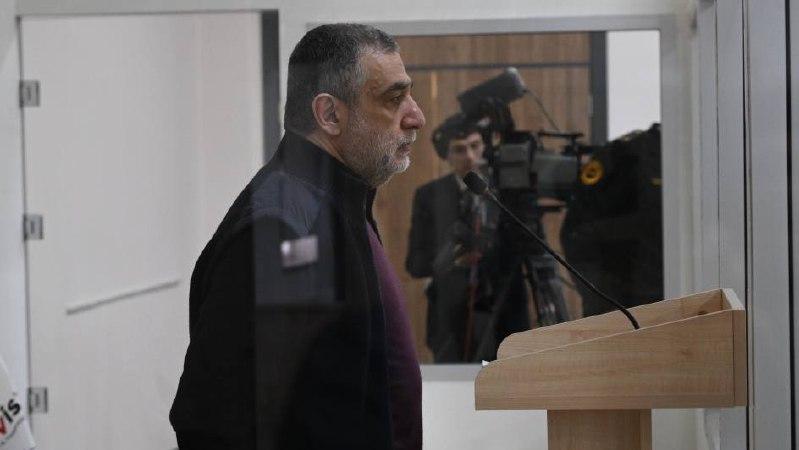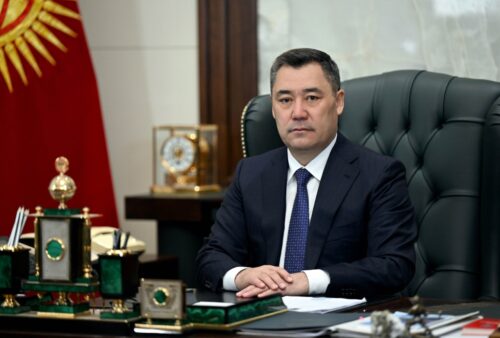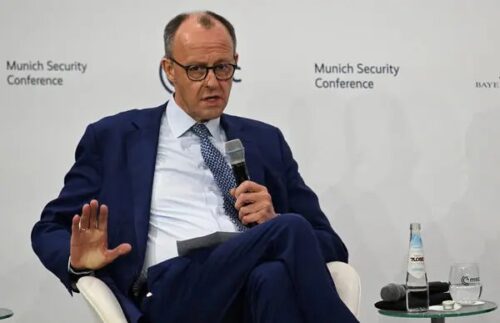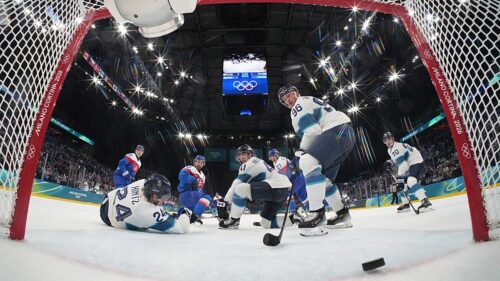
The dramatic downfall of an Armenian philanthropist: BBC on the fates of Ruben Vardanyan and Armenian POWs
Ruben Vardanyan is one of Armenia’s richest men, but his millions are of little use now that he is facing a possible life term in jail in neighboring Azerbaijan, the BBC writes.
As noted, the two neighboring Caucasus countries have agreed the text of a historic peace deal to end decades long conflict over the territory of Nagorno-Karabakh, but Vardanyan and 15 other former ethnic Armenian leaders are not part of the agreement.
They are on trial in a military court in Baku, accused of war crimes dating back decades.
Vardanyan, a 56-year-old Russian-Armenian entrepreneur, is facing 42 charges including planning and waging war, mercenary activities and terrorism. A picture of him in court appeared to show bruises on his forehead and there have been allegations of torture, denied by Azerbaijan which insists his rights have been respected in custody.
“It marks a dramatic downfall for a man who made his fortune in Russia and once rubbed shoulders with celebrities such as George and Amal Clooney,” the BBC writes. As noted, he spent hundreds of millions of dollars on philanthropic projects in Armenia, and set up a school in Dilijan with the aim of attracting students from all over the world.
Everything changed for Ruben Vardanyan in September 2022 when he decided to move to Nagorno-Karabakh, a mountainous region that was historically populated by ethnic Armenians. Then, in 2020, Azerbaijan—backed by Turkey—regained control of big swathes of Nagorno-Karabakh. Within months of Vardanyan’s arrival Azerbaijani authorities blocked the only road connecting Nagorno-Karabakh with the Republic of Armenia, subjecting the region’s population to severe food shortages.
Vardanyan renounced his Russian citizenship and became the de facto prime-minister of Nagorno-Karabakh, which Armenians call Artsakh. He used his name, contacts and the ability to speak fluent English to raise the awareness of the plight of Karabakh Armenians.
“My father did more interviews with international media in three months than all the other Nagorno-Karabakh presidents in 30 years. The amount of attention this was receiving from the Western media clearly irritated Azerbaijan,” his son David Vardanyan told the BBC.
His father’s long-term friend Arman Jilavian said: “Some would say this was irrational, some say this was super calculated political move. I think none is true.”
In September 2023 Azerbaijan launched a military operation and took control of the entire territory in 24 hours. Nagorno-Karabakh’s leaders capitulated and more than 100,000 ethnic Armenians were forced to leave their homes.
Vardanyan was arrested by Azerbaijani authorities as he joined a mass exodus to Armenia. Much of his time since has been spent in solitary confinement, his family says. He has already been on hunger strike twice, protesting at what he has called a lack of proper judicial process, amid allegations of torture.
Fifteen other former Karabakh leaders are also being tried in Baku’s military court for alleged war crimes committed since the late 1980s.
Many in Armenia see all the cases as show trials. Only the main Azerbaijani state TV channel has been allowed to film the trials.
But last month, the government in Baku ordered the closure of the local offices of the International Red Cross, the only international organization with access to Armenian prisoners. The European Parliament has adopted a resolution on the “unlawful detention and sham trials of Armenian hostages”, calling for their immediate release.
Vardanyan returns to court on Tuesday, but supporters fear his case will be overshadowed by a historic peace deal taking shape between Armenia and Azerbaijan. The details are yet to be made public but officials say the draft text does not include the issue of the prisoners on trial or the right of ethnic Armenians of Nagorno-Karabakh to return to their homes.
The failure to mention the prisoners has prompted criticism of Armenian Prime Minister Nikol Pashinyan’s government at home and abroad. Vardanyan has warned this is a mistake.
“This is not the trial of just me and 15 others – this is the trial of all Armenians,” he said in a voice message to supporters. “If you don’t understand this – it is a big tragedy because this is not the end of the story, not the end of the conflict, it’s only the next stage of the conflict, for all sides.”


